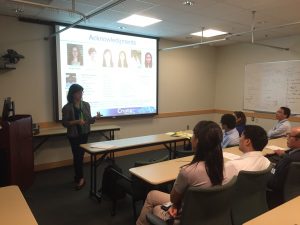Anna M. Wu, Ph.D. is Professor and Vice Chair of the Department of Molecular and Medical Pharmacology at UCLA. She was the guest speaker at a lecture organized by the MGH Gordon Center. Below is her presentation summary.

Engineered antibody fragments can provide a versatile platform for non-invasive imaging of cells and tissues based on cell surface phenotype. When labeled with positron-emitting radionuclides (such as I-124, Zr-89, Cu-64, F-18), engineered fragments can be employed for high resolution, sensitive, quantitative imaging by PET (positron emission tomography) and provide highly specific molecular assessments of tumor biology and response to treatment. For example, an I-124 prostate stem cell antigen (PSCA)-specific minibody demonstrates sensitive imaging in mouse models of prostate cancer and provides a PET imaging readout of response to anti-androgens. Antibody-based targeting and imaging of CD markers (CD4/CD8 on T cells; CD20 on B lymphocytes) provides a means for assessing immune cell subsets and monitoring responses to cancer immunotherapy, such as treatment with anti-CD137 or anti-PD-L1 antibodies. ImmunoPET can provide a broad approach for noninvasive, whole-body monitoring of key factors such as target expression in vivo, response to therapy, and immune responses, and stands to play an expanding role in the detection and management of cancer.
About the Gordon Lecture Series:
The Gordon Center for Medical Imaging at Massachusetts General Hospital and Harvard University develops new biomedical imaging technologies used in diagnosis and therapy. In addition to translational research, the Center organizes lectures and symposiums as part of its effort to inspire the public and the scientific community about the latest research topics in medical imaging.

